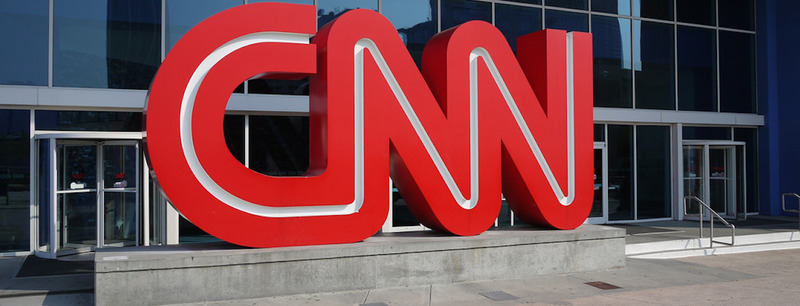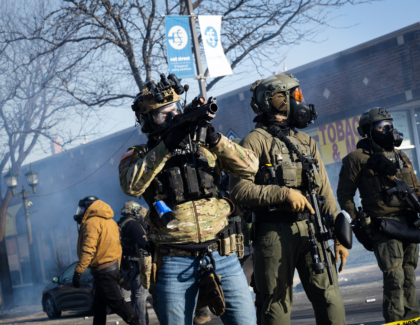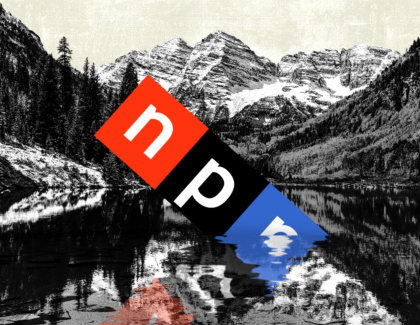Sign up for the daily CJR newsletter.
Newsrooms are unionizing faster than ever, driven by economic uncertainty and their need for more influence over diversity––of content and staffing. Axios reports that in 2020, “More than 1,800 journalists across unions from the NewsGuild and the Writers Guild (of America) unionized… That’s up from roughly 1,500 the year prior.”
Conspicuously missing from that trend: cable news. As a result, Anderson Cooper is covered by union protection when he goes to work at CBS, but not when he returns to CNN. As a former producer who has worked in both union and non-union newsrooms, I can attest to the value collective negotiation provides individual workers as well as the editorial process. (Unfortunately, the advantages weren’t clear until I was hired at MSNBC, which is not organized.)
The Screen Actors Guild-American Federation of Television and Radio Artists represents many broadcast newsrooms. Among other benefits, the union addresses salary issues and helps ensure physical security and compensation for overtime––both major issues in the TV news business.
Opinions in the industry range from indifference to strong support for union representation––even if the latter camp acknowledges that it may be difficult to organize sprawling, established outlets like CNN. When MSNBC launched in 1996, NBC management (then owned by General Electric) fought mightily against unionization. It’s left some odd inconsistencies at 30 Rock, where, just across the hall, NBC News producers belong to sag-aftra, as do editorial staff at WNBC, the local affiliate. NBC Digital also voted to organize in December 2019. A similar effort at MSNBC last year fizzled once producers started working from home; they feared retribution for even discussing the matter.
Anyone in news almost certainly works more than a forty-hour workweek. Most journalists wake up and fall asleep tracking the latest news updates. But fatigue isn’t the only impediment to a functional newsroom. Broadcast journalists also tend to be super-achievers who aren’t likely to dissent on editorial matters, out of an understanding that production––the planning, writing, and sourcing––needs to be as quick as possible. That means the editorial process can be, and often is, short circuited.
“The bigger the organization, the bigger the problem,” a veteran reporter told me. “The top-down structure at many of these outlets means there’s less news gathering,” and journalists don’t feel empowered to push back when they see something wrong.
With a union, producers may be able to ask, “Are we covering this story the way we should? Are we staffed appropriately?” Mary Cavallaro, the chief broadcast officer for sag-aftra, says. “When they are able to talk to their boss on a level playing field, that’s real power.”
Another benefit is the ability to help manage schedules and budgets. At MSNBC, primetime producers are “on-call” about once every six weekends in case there is breaking news, meaning the producers must be on-hand quickly, unable to travel or make other personal plans. (I used to feel guilty taking a yoga class on those weekends, afraid to be away from my phone.) Cavallaro explains that certain provisions in a union contract may help. They may require premium compensation for anyone who is placed “on-call,” whether they’re required to work or not––and that provision might encourage employers to manage schedules better to avoid those payments.
In recent years the environment for producers has worsened as newsrooms try to do more with fewer employees. They may hire a video producer who ends up reporting on air, throwing to a package they edited, squeezing more work out of a single employee. Likewise, the pandemic exacerbated workloads for everyone, as boundaries have been blurred working from home.
The good-intentioned, hard working journalists in cable news deserve more, and so does the audience.
Has America ever needed a media defender more than now? Help us by joining CJR today.







